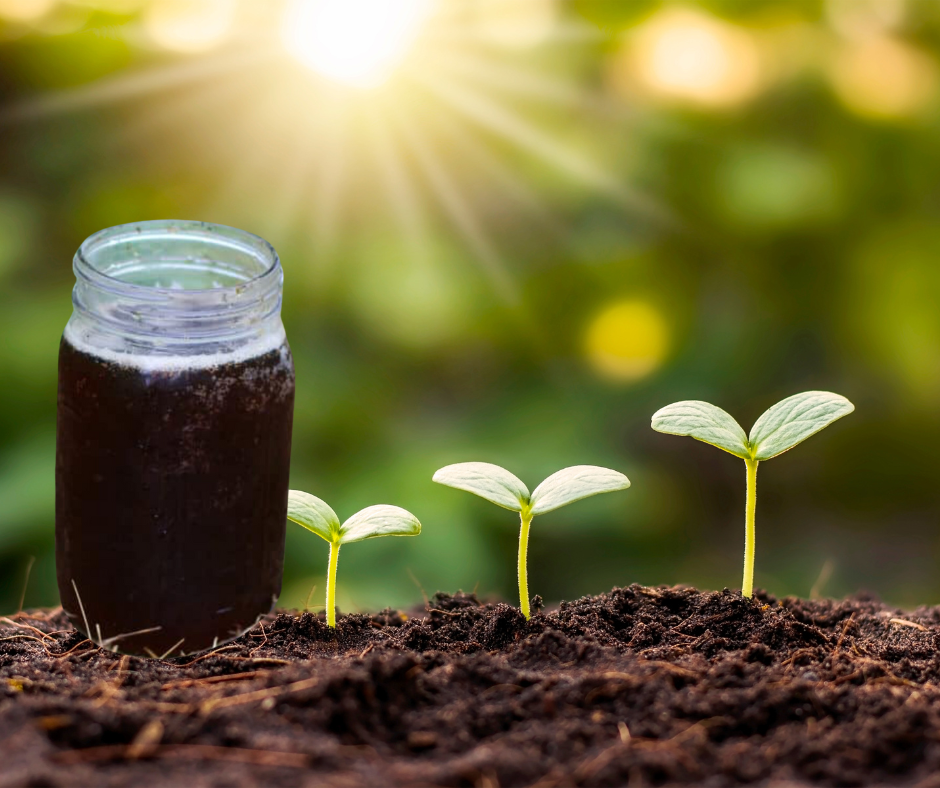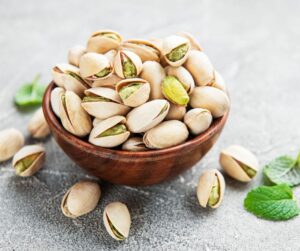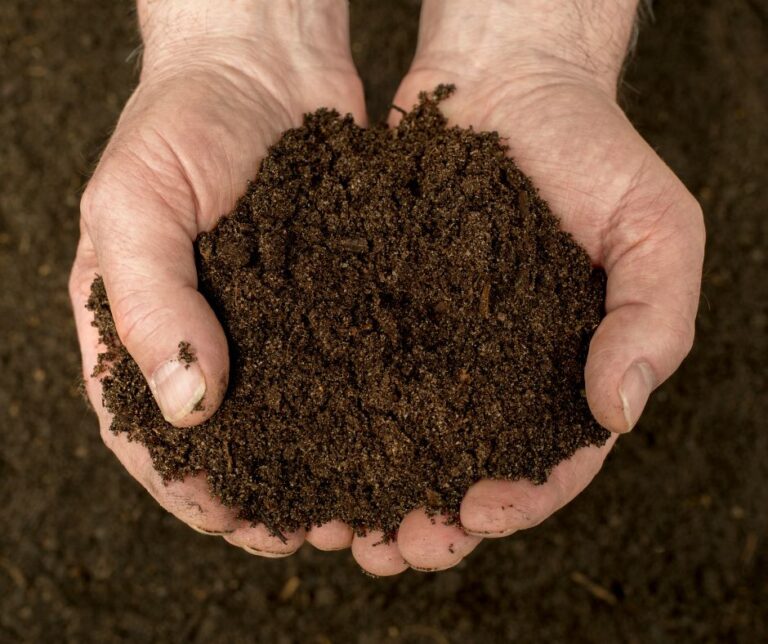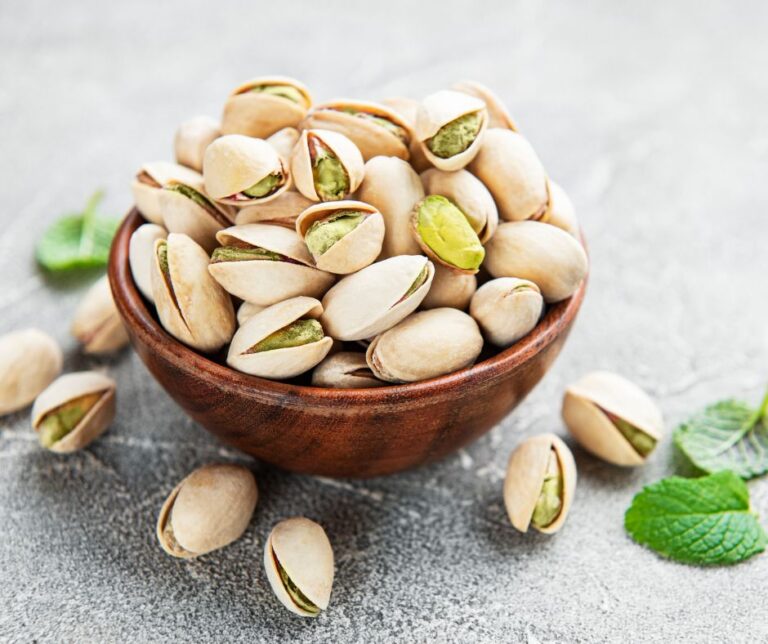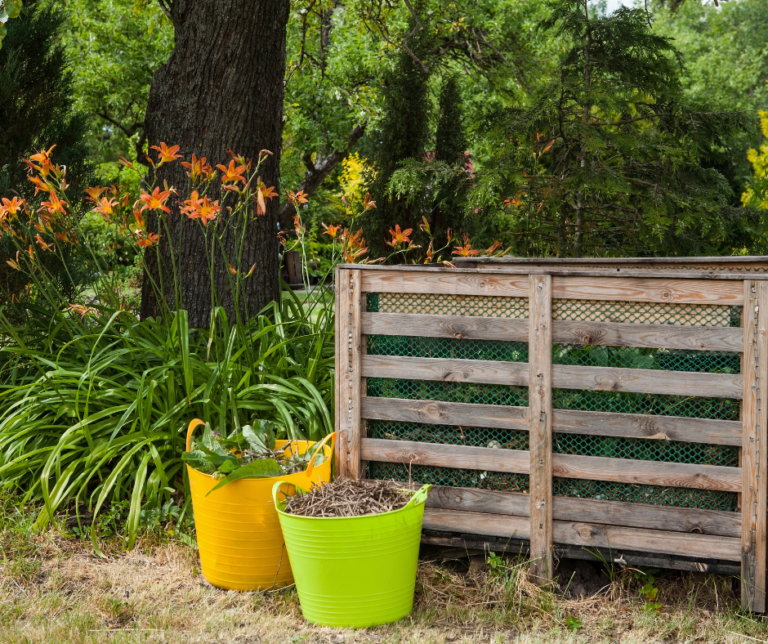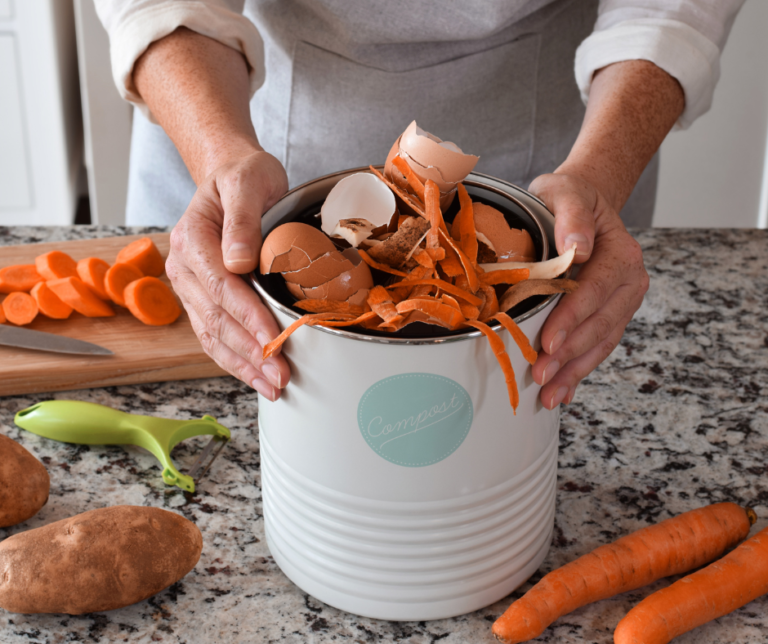Mastering Compost Tea: The Ultimate Liquid Elixir Guide For Your Garden
In the realm of agriculture and horticulture, the concept of compost tea has gained considerable attention due to its potential benefits for plant growth and pest prevention. Compost tea, a liquid derived from extracting nutrients and microorganisms from compost, has been found to promote plant growth, increase yield, and deter pests. If you have ever wondered how to make your own compost tea, don’t worry, we have you covered! With the right compost tea recipe and basic tools, making this liquid elixir at home is a straightforward process. Through exploring the benefits and methods of using compost tea, this article aims to enlighten gardeners on the advantages of this sustainable and organic solution for plant growth and pest prevention.
Key Takeaways
Understanding Compost Tea

Definition of compost tea
Compost tea is a liquid that is made by extracting nutrients and microorganisms from a compost pile. It is often used as a natural fertilizer and soil amendment to promote plant growth and improve soil health. Compost tea is created through a process called compost tea brewing, which involves steeping compost in water to extract the beneficial elements.
How it’s made
There are several methods for making compost tea, but the basic concept involves steeping compost in water to extract the beneficial elements. The process to make compost tea typically involves the use of a container, such as a bucket or barrel, filled with water and compost. The compost is then agitated or aerated to promote the growth of beneficial microorganisms. This can be done through manual stirring, using an aquarium pump, or other aeration methods. The tea is then strained to remove any solids before applying it to plants.
The Importance of Using Quality Compost
Choosing the right compost
Using high-quality compost is essential for making effective compost tea. The quality of the compost directly impacts the nutrient content, microbial diversity, and overall effectiveness of the tea. When choosing compost for compost tea, it is important to select compost that has been properly aged and fully decomposed. Compost that is dark and crumbly with a pleasant earthy smell is a good indication of quality.
Importance of organic compost in compost tea
Opting for organic compost is crucial when making homemade compost tea. Organic compost is free from synthetic chemicals and pesticides, ensuring that the tea is free from harmful substances that can negatively impact plants and the environment. Organic compost also tends to have a higher microbial diversity, which can further enhance the benefits of the compost tea.
Potential consequences of poor quality compost
Using poor quality compost in compost tea can have negative consequences for plants and the environment. Poor quality compost may contain harmful pathogens, weed seeds, or heavy metals that can be detrimental to plant health. It can also result in imbalanced nutrient levels or an insufficient microbial population, leading to ineffective compost tea. It is important to ensure that the compost used is of high quality to maximize the benefits of compost tea.
The Two Methods of Making Compost Tea

Differences between non-aerated and aerated compost tea
The two main methods of making compost tea are non-aerated and aerated compost tea. Non-aerated compost tea, also known as compost extract, is made by simply steeping compost in water without any active aeration. This method is relatively easy and requires minimal equipment. Aerated compost tea, on the other hand, involves actively aerating the tea to promote the growth of beneficial aerobic microorganisms. The aeration process provides additional oxygen to the tea, facilitating the growth of beneficial bacteria and fungi.
Which method is more effective and why
Aerated compost tea is generally considered to be more effective than non-aerated compost tea. The aeration process helps support the growth of beneficial aerobic microorganisms, which play a crucial role in plant health and disease suppression. Non-aerated compost tea may still contain beneficial microorganisms, but the lack of aeration limits their growth and activity. Therefore, if possible, it is recommended to opt for aerated compost tea to maximize the benefits of compost tea.
The Process of Making Compost Tea at Home
Required tools for compost tea brewing
Making compost tea at home requires a few basic tools. These include:

Step-by-Step Guide on Brewing Compost Tea
Here is a step-by-step guide on how to brew compost tea at home:
- Fill a container with clean, non-chlorinated water. For every gallon of water, add approximately one cup of compost.
- If using an aerated method, set up the aeration equipment to provide oxygen to the tea during brewing.
- Place the compost in a mesh bag or tie it in a large piece of fabric to prevent it from entering the water.
- Immerse the compost-filled bag or fabric in the water, ensuring that it is fully submerged.
- If using an aerated method, turn on the aeration equipment to oxygenate the tea.
- Allow the tea to brew for approximately 24 to 48 hours, stirring or agitating occasionally to promote the growth of beneficial microorganisms.
- After the brewing period, remove the compost-filled bag or fabric from the tea.
- Strain the tea through a fine-mesh strainer or cheesecloth to remove any remaining solids.
- The finished compost tea can be immediately applied to plants or stored in a covered container for future use. It is important to use the tea within a few days to ensure the viability of the beneficial microorganisms.
Common mistakes when brewing compost tea
When brewing compost tea, there are several common mistakes that should be avoided. Some of these include:
- Using chlorinated water: Chlorine in tap water can harm the beneficial microorganisms in the tea. It is important to use clean, non-chlorinated water when brewing compost tea. If tap water is the only option, it should be left out overnight to allow the chlorine to dissipate.
- Using dirty equipment: Dirty equipment can introduce harmful pathogens or unwanted contaminants into the tea. It is crucial to thoroughly clean and sanitize all equipment before brewing compost tea.
- Adding sugar: Some individuals may mistakenly believe that adding sugar to compost tea can enhance microbial growth. However, this can have negative effects, leading to imbalances in microbial populations and potentially harming plants. It is best to avoid adding sugar to compost tea.
How to Apply Compost Tea to Plants

Applying through soil application
One common method of applying compost tea is through soil application. This involves pouring the compost tea directly into the soil around the base of plants. The tea is easily absorbed by the soil, allowing the nutrients and beneficial microorganisms to reach the plant’s roots. This method is particularly effective for improving soil health, nutrient availability, and overall plant vitality.
Spraying onto the leaves
Another method of applying compost tea is by spraying it onto the leaves of plants. This is often done using a handheld sprayer or a backpack sprayer. Spraying compost tea onto the plant leaves allows the nutrients and beneficial microorganisms to directly interact with the plant’s foliage. This can help suppress foliar diseases, enhance nutrient uptake, and promote overall plant health.
Dilution ratios for different application methods
The dilution ratio of compost tea can vary depending on the application method and the desired intensity of the treatment. As a general guideline, a 1:10 ratio of compost tea to water is commonly used for both soil application and foliar spraying. However, it is important to experiment and adjust the dilution ratio based on the specific needs of the plants and the concentration of the compost tea.
It is recommended to start with a lower dilution ratio and gradually increase if necessary, while monitoring the plants for any adverse reactions.
Frequency of Applying Compost Tea

Recommendations on frequency of application
Compost tea can be applied to plants regularly to maintain optimal plant health. For most plants, it is recommended to apply compost tea once a week during a few weeks of the growing season. This frequency allows for a consistent supply of nutrients and beneficial microorganisms, supporting ongoing plant growth and development. It is important to consider the specific needs of the plants and adjust the frequency of application accordingly.
Effects of over-application
While compost tea is beneficial for plant health, over-application can have negative effects. Applying compost tea too frequently or in excessive amounts can lead to nutrient imbalances, excess microbial populations, or waterlogged soil conditions. This can result in poor plant growth, root rot, or other adverse effects. It is crucial to follow the recommended frequency of application and avoid over-application to prevent any potential negative consequences.
Ideal times to apply compost tea
Compost tea can be applied at various stages of plant growth, depending on the specific needs of the plants. Ideally, compost tea should be applied early in the morning or late in the afternoon to minimize evaporation and ensure optimal absorption by plants. It is also beneficial to apply compost tea during periods of active plant growth, such as during the growing season or when plants are flowering or fruiting.
Promoting Plant Growth with Compost Tea

How compost tea stimulates plant growth
Compost tea contains a rich array of nutrients, beneficial microorganisms, and other bioactive compounds that stimulate plant growth. The nutrients in compost tea, such as nitrogen, phosphorus, and potassium, provide essential elements for plant development and function. The beneficial microorganisms in the tea, including bacteria, fungi, and protozoa, help to enhance nutrient availability, break down organic matter, and improve soil structure. Additionally, compost tea can improve soil fertility, pH balance, and water-holding capacity, all of which contribute to healthy plant growth.
Research on compost tea and plant growth
Numerous studies have been conducted to investigate the effects of compost tea on plant growth. These studies have consistently shown positive results, demonstrating that compost tea can improve plant growth, increase root development, enhance nutrient uptake, and promote overall plant vigor. For example, a study published in the Journal of Sustainable Agriculture found that plants treated with compost tea showed significant improvements in height, biomass production, and nutrient content compared to untreated plants. Overall, the research supports the use of compost tea as a viable method for promoting plant growth and enhancing crop production.
Comparing compost tea with other growth promoters
Compost tea offers several advantages over other synthetic growth promoters or fertilizers. Unlike synthetic products, compost tea is natural, environmentally friendly, and does not pose risks to human health or the ecosystem. Compost tea also provides a holistic approach, supplying a wide range of beneficial nutrients, microorganisms, and bioactive compounds that work together to support plant growth. In contrast, synthetic fertilizers often provide a narrow range of nutrients and can lead to imbalances or nutrient deficiencies over time. Additionally, the continuous use of synthetic fertilizers can have detrimental effects on soil health and microbial diversity. Compost tea, therefore, offers a sustainable and effective alternative for promoting plant growth.
Increasing Yield Using Compost Tea

How compost tea helps increase plant yield
Compost tea can significantly contribute to increasing plant yield by improving soil health, nutrient availability, and overall plant vigor. The nutrients present in compost tea, such as nitrogen, phosphorus, and potassium, are essential for plant growth and are readily available for uptake when applied as compost tea. The beneficial microorganisms in the tea help break down organic matter, release nutrients, and improve soil structure, enabling plants to access nutrients more efficiently. This combination of nutrient supply and improved soil conditions contributes to increased plant yield.
Specific crops that benefit from compost tea
Although compost tea can benefit a wide range of plants, certain crops have been found to derive particular advantages from its application. Fruit trees, vegetables, herbs, and flowering plants are among the crops that can benefit from the use of compost tea. These plants often have high nutrient requirements and can greatly benefit from the nutrient-rich composition of compost tea. Additionally, certain crop-specific microorganisms present in compost tea can help suppress diseases, reduce pest damage, and enhance overall plant health in these specific crops.
Testimonials, case studies and yield increase
Numerous testimonials and case studies support the effectiveness of compost tea in increasing plant yield. For example, farmers and gardeners have reported significant increases in yield, improved crop quality, and enhanced pest resistance when using compost tea. One study conducted by researchers at Oregon State University demonstrated that the application of compost tea resulted in a 72% increase in tomato yield compared to untreated control plants. These testimonials and case studies provide real-world evidence of the positive impact of compost tea on increasing plant yield.

Preventing Pests with Compost Tea
How compost tea aids in pest prevention
Compost tea plays a crucial role in pest prevention by promoting a healthy and balanced ecosystem in the soil and on plant surfaces. The beneficial microorganisms present in compost tea help suppress the growth of harmful pathogens and pests by competing for resources, secreting antimicrobial compounds, and inducing systemic resistance in plants. Furthermore, the improved soil health and nutrient balance resulting from compost tea application can enhance plant resistance to pests and diseases.
Types of pests deterred by compost tea
Compost tea can help deter various types of pests, including insects, fungi, harmful bacteria, and nematodes. The beneficial microorganisms in compost tea can suppress the population growth of harmful insects by directly attacking their larvae or disrupting their life cycle. Fungal and bacterial pathogens can also be inhibited by the presence of beneficial microorganisms, which can outcompete and crowd out harmful pathogens. Additionally, certain nematodes can be controlled through the application of compost tea, as the microorganisms’ actions can interfere with the nematodes‘ feeding and reproduction.
Understanding the concept of ‘healthy soil, healthy plants’
The concept of ‘healthy soil, healthy plants’ is based on the understanding that the health and vitality of plants are largely dependent on the condition of the surrounding soil. Compost tea contributes to the creation of healthy soil by introducing a diverse array of beneficial microorganisms and organic matter. These microorganisms help break down organic matter, release nutrients, and improve soil structure, creating an environment that is conducive to plant growth. By focusing on improving soil health, compost tea indirectly aids in pest prevention by establishing a balanced and resilient ecosystem that supports plant vitality.
Potential Challenges and Limitations of Using Compost Tea

Critiques of compost tea
While compost tea has many benefits, it is not without its critiques. Some critics argue that the efficacy of compost tea may vary depending on the specific composition and quality of the compost used. The lack of standardized guidelines for compost tea preparation and application can also lead to inconsistencies in results. Additionally, it is important to note that compost tea is not a miracle cure for all plant problems and should be used as part of a comprehensive plant care regimen.
Instances where compost tea may not be beneficial
Compost tea may not always be the most beneficial option for plant care in certain situations. For example, in cases where the soil is already healthy and nutrient-rich, the application of compost tea may not provide significant additional benefits. Similarly, in environments with high disease or pest pressure on outdoor plants, other methods of plant protection may be more effective. It is important to assess the specific needs of the plants, consider the overall soil condition, and evaluate other available options before deciding to use compost tea.
Alternatives to compost tea
While compost tea is a popular and effective option for plant care, there are alternative methods and products that can also provide similar benefits. For example, using compost directly as a soil amendment can provide the same nutrients and microbial benefits without the need for steeping and brewing. Additionally, other organic fertilizers, such as bone meal or fish emulsion, can offer similar nutrient supplementation. Integrated pest management strategies, including cultural practices and the use of beneficial insects, can be used in conjunction with or as an alternative to compost tea for pest control. It is crucial to consider various options and choose the most suitable approach based on the specific needs and circumstances.
Conclusion
In conclusion, compost tea offers a natural and sustainable method for promoting plant growth, increasing yield, and preventing pests. By utilizing high-quality compost and following the appropriate brewing and application methods, both hobby gardeners and commercial growers can harness the benefits of compost tea.
The nutrient-rich composition, beneficial microorganisms, and overall soil health improvement provided by compost tea make it a valuable tool in maintaining healthy plants and thriving ecosystems. However, it is important to understand the limitations and potential challenges associated with compost tea and to consider alternative approaches when necessary. With proper knowledge and implementation, compost tea can be a valuable asset in achieving sustainable and successful plant cultivation.
Frequently Asked Questions
